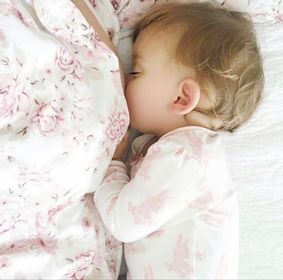
Many new parents find themselves faced with a common dilemma: their baby will only sleep while being held, and as soon as they’re laid down, they wake up. It’s a situation that often leaves parents feeling overwhelmed and exhausted, but it’s essential to understand the reasons behind this behavior.
One of the most frequent concerns I hear from parents is the struggle to put their baby down for naps. Whether they need to tend to household chores or simply crave a moment to themselves, many parents feel frustrated when their baby refuses to sleep anywhere but in their arms.
But here’s the thing: your baby isn’t protesting the crib or bassinet; they’re protesting separation. It’s entirely normal and healthy for babies to seek closeness with their caregivers, especially during the first year of life. Babies attach through their senses, and when they’re unable to see, hear, or smell their parents, they naturally become distressed.
In many cultures, it’s the norm for babies to sleep close to their parents, and for good reason. Being close to you provides babies with warmth, security, and comfort—the closest thing to the safe environment of the womb that they’ve known for nine months.
Unfortunately, our modern society often places unrealistic expectations on new mothers, expecting them to juggle multiple responsibilities without the support of a village. But it’s crucial to remember that babies haven’t changed; it’s our expectations that have evolved.
As you navigate the journey of parenthood, it’s essential to prioritize your baby’s need for closeness while finding moments of respite for yourself. Contact napping and breastsleeping can help deepen the bond between you and your baby, ultimately fostering greater independence in the long run.
Transitioning your baby to naps away from you or in a crib can be challenging, but there are strategies you can try to ease the transition:
Remember, it’s okay to ask for help and lean on your support system. By prioritizing your baby’s need for closeness and finding moments of rest for yourself, you can create a nurturing environment that promotes both your well-being and your baby’s.
If you are looking for support, a reminder that our coaches are trained to be able to work with families to make changes around the things that are no longer working.
Copyright © 2021 – IslaGrace. All Rights Reserved
